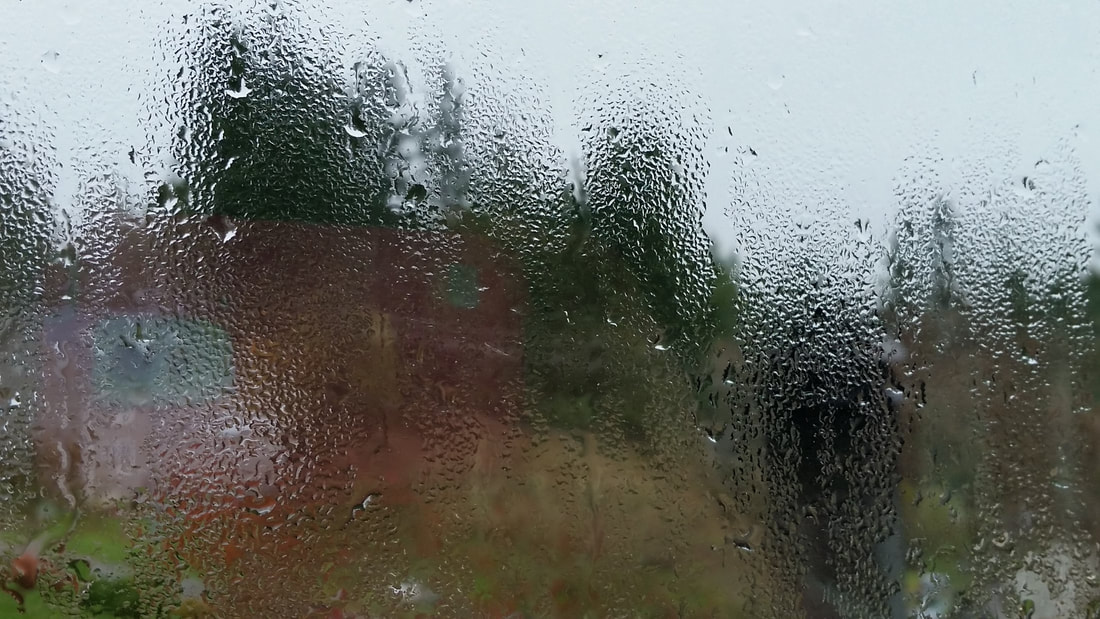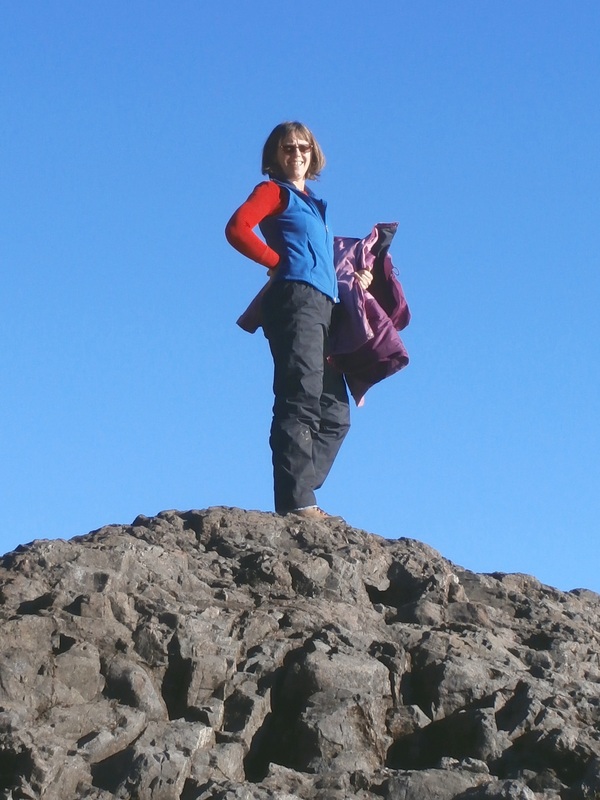|
A reflection on Mark 10:46-52 for the community of St. David of Wales, Shelton, WA, October 23, 2021. In this morning’s Gospel passage, Jesus is in Jericho with his disciples surrounded by scores of people. Everywhere he goes, Jesus has been attracting attention with his healing and teaching, and now it’s a parade-like atmosphere, with Jesus as the featured attraction as he and his followers, and many of the faithful leave the city to make their way to Jerusalem to observe the Passover. Jesus will leave this city never to return. He will enter Jerusalem and the sweep of events in the coming days will lead the throngs from celebrating his power and popularity to witnessing his execution. Bartimaeus, a blind beggar, appears in the commotion. The fact that he is named, unlike so many whom Jesus has healed, is significant. Bartimaeus, or his father Timaeus, may have been well known in the community before the encounter, or Bartimaeus may have been recognized later as part of the new church formed after Jesus’ death. And the story of Blind Bartimaeus is familiar to many of us, one enacted gleefully by blindfolded Sunday school students, who leap and stumble, hands extended, crashing into their friends as they grope toward Jesus. When the story opens, we find Bartimaeus alongside the road with his cloak spread around him like a tablecloth to receive the coins the faithful toss to him. In his day and age, begging is an accepted and expected ongoing activity for those who cannot find other means of support. And community members are charitable in their response, giving alms to the poor and disabled as a part of their religious practice. It’s more like placing a $20 in the offering plate, or mailing a contribution to the United Way, than handing cash to someone with a cardboard sign at a freeway onramp.
A day like today with crowds afoot would’ve been lucrative for Bartimaeus, providing much needed financial support. Some biblical commentators suggest that others in Bartimaeus’s circumstances would be content with their lot and would not have risked their income by leaving their posts. They say that though blind, his was not a situation of desperation. By the request he makes of Jesus, “let me see again,” we can assume that Bartimaeus was not born blind, that he once had sight and longs for its return, knowing what he has missed. Though he might not have sight, it’s clear that he possesses insight. When he calls out to Jesus using the words, “Jesus, son of David,” he is the first person in Mark’s gospel to recognize Jesus’s divinity and claim it aloud. Jesus, who up until now has been shushing those who guess his true identity, does not deny the title. This will be the first time Jesus embraces his identity publicly and the last time he heals another person before his death. Like the children who clamored to meet Jesus and are met with rebukes from the disciples earlier in Mark’s gospel, many in the crowd “sternly ordered” Bartimaeus to be quiet. I think those voices most likely belonged to the Pharisees and other religious authorities—who else would feel they had the license to silence the blind beggar? Maybe some very bossy neighbors. And how does Bartimaeus react to being told to shut up? By crying out again, only louder, “Jesus, Son of David, have mercy on me!” This time his voice pierces through the noise of the crowd and Jesus hears him. He stands still, and looks for Bartimaeus, but who can find a man seated on the ground in the middle of a crowd? So, Jesus enlists the crowd’s help and asks those he can see to, “call him here,” and word travels through the throng, who are now speaking kindly, “Take heart; get up, Jesus is calling you.” At the invitation, Bartimaeus’s response is immediate. He doesn’t take time to don his cloak and pocket the coins. He springs up, abandoning his cloak and his money, confident that he no longer has need of them. Like James and John, fishermen who left their nets behind to follow Jesus, Bartimaeus, too, leaves everything behind when he responds to Jesus’s call. He makes his way through the crowd, relying on the hands of strangers to lead him to Jesus. And when he comes close Jesus doesn’t immediately heal him, instead he asks Bartimaeus, “What do you want me to do for you?” He answers, “My teacher, let me see again.” My teacher—How is it that Jesus is his teacher? It seems that in the days and months leading up to this encounter he has been listening to the stories about Jesus, and has possibly been in Jesus’ presence before, just one blind beggar in a crowded place hoping to receive alms who received the good news Jesus offered as well. Or maybe he’d made his way to listen in the crowds before, and today he finally has the courage to speak. In the passage just before this, which was our gospel reading last Sunday, James and John approach Jesus with a request. They’ve been following Jesus since the beginning, and they want something in return: status and honor. They want to be Jesus’s right- and left-hand men when he comes into his glory. A request that Jesus finds ridiculous, since he knows that his glory is coming only through death. Then Jesus tells James and John that to be great, they must become servants. In today’s passage, even as he sets his foot toward Jerusalem, Jesus demonstrates that he is a servant, willing and able to grant requests that align with God’s purposes. When Bartimaeus asks, “let me see again,” Jesus performs an act of service: he restores Bartimaeus’s sight saying, “Go; your faith has made you well.” And where does Bartimaeus go? He goes with the disciples and the crowds following Jesus. He does not go back through the throng to his place at the side of the road. He does not retrieve his cloak or his coins. He follows on “the way.” The way to Jerusalem. The way to the cross. The way to the resurrection. They way to a faith that exists beyond the body. I don’t know how many times I’ve heard the story of Bartimaeus in the 35 years I’ve been a churchgoer, but it’s often enough that I’m in danger of it becoming so familiar that I think I know the point of the story and the lessons I’m supposed to take from it, the lessons I passed on to my Sunday school students years ago: Be bold like Bartimaeus. Don’t let your limitations hold you back. Be brave enough to ask Jesus for what you want, and you’ll be rewarded. As a new believer at age 25, it was easy to accept the seemingly simple takeaway of the story: that our faith makes us well. Becoming a Christian, a follower of Jesus, healed the God-shaped hole that I’d felt my entire life. But as time went on, I noticed that my own faith didn’t remove my fear of abandonment, or my anxiety over not being in control of my life. I wasn’t cured of my faults and personality. And I assumed I was struggling because my faith wasn’t strong enough. But when I looked around to the pillars of my church community, men and women of deep faith, I saw that faith didn’t spare some them from suffering and death, loss and grief. Faith restored Bartimaeus’s sight, but faith didn’t prevent Jesus’s death. It led him to it. When I think of being made well, I think of being healthy, of being cured. But what does it mean when faith doesn’t cure us? Does it mean that Jesus chooses not to heal us? That he wants us to suffer? I wish I had easy answers, ones that I could share with you. I’d like to say “your faith has made you well” with the certainty of a second grade Jesus acting out a Sunday school skit. Part of my struggle comes with the limits of language itself, especially as we try to describe the mystery of spiritual experience. And the gospels, especially Mark’s just the facts version, leave so much to the imagination. What happens inside a person’s body, mind, and spirit when these miraculous healings take place? Surely there’s a shift that no one can see, something that is healed and moved beyond the scope of affliction and disease. Sometimes “your faith has made you well,” is translated as, “your faith has made you whole.” For me that’s a shift from a cure to a way of being. One definition of “whole” that resonates for me is “undivided.” In troubling times of illness or emotional turmoil, my mind is often divided, fighting between what the situation is and what I want it to be. When I can allow myself to remember that Jesus is with me in all circumstances, and to really feel that knowledge in my mind, body, and spirit, then I can let go of my need for what I want and come to a place of acceptance and peace about what is, even when what is a hard and painful reality that I wish were different. When I come to a place of deep knowing, I am no longer divided. I become whole in Christ’s presence with me, even when I have not been cured, even when nothing in the external situation has changed. I don’t often leap up and embrace possibility like Bartimaeus, I’m more often dragged to it, clinging by my fingernails until I finally surrender. I do well to hear the story of Bartimaeus over again with new ears. “Jesus, son of David, have mercy on me!” Bartimaeus cries on the streets of Jericho. “Jesus Christ, have mercy on me. A sinner,” we cry today in the words of the Orthodox church’s Jesus prayer. All of us wonder if our faith is strong enough. We wonder if we have the courage to speak our truth not only to ourselves, but in front of a crowd. We wonder if we’ll allow others to silence us with their rules. We wonder if we’ll risk making a scene to ask for our heart’s desire, or if we’ll allow possibility to pass us by. In the midst of illness, pandemic, loss and grief, we wonder how we’re going to make it through another day. “Let me see again,” Bartimaeus asks. Jesus, when we doubt ourselves, when we doubt you, when we struggle with our own self-worth, when we struggle with our faith, when the state of the world knocks us low, when we’re blind to your presence with us, let us see again, and again, and again. Amen.
0 Comments
Your comment will be posted after it is approved.
Leave a Reply. |
I began blogging about "This or Something Better" in 2011 when my husband and I were discerning what came next in our lives, which turned out to be relocating to Puget Sound from our Native California. My older posts can be found here.
Categories
All
Archives
September 2023
Newsletters |

